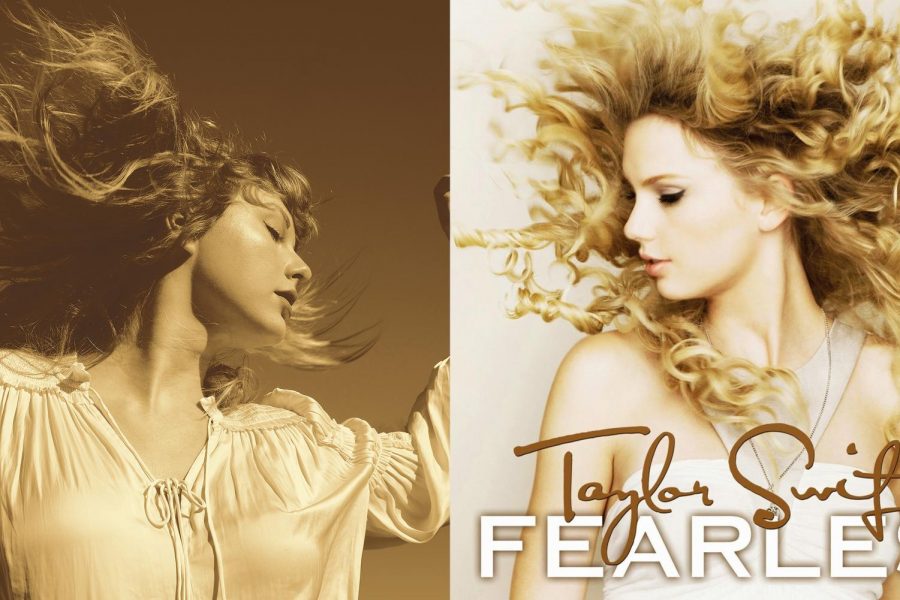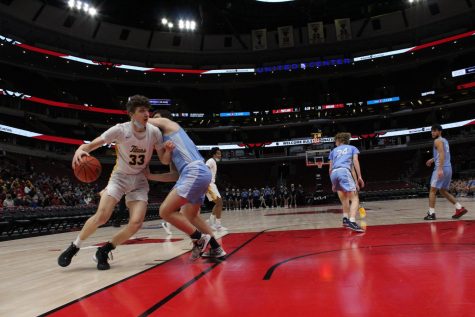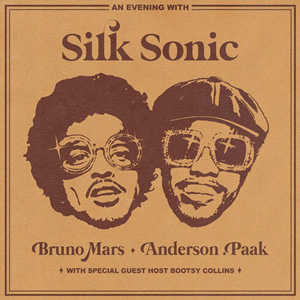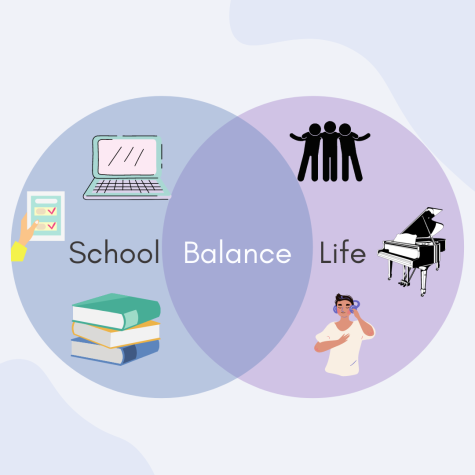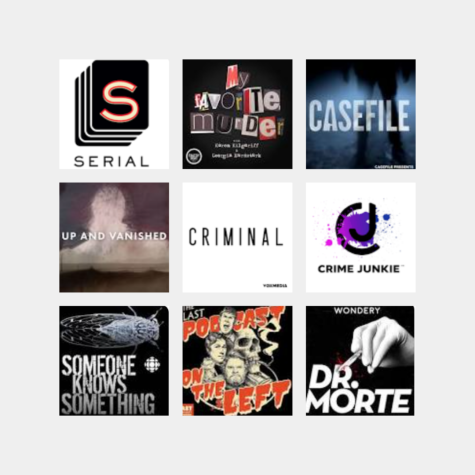Oracle After Hours: “I don’t know how it gets better than this,” Taylor Swift released her own version of Fearless
April 15, 2021
If you have not been following Taylor Swift’s battle to own her own music, it might be confusing why she would re-release an album that came out 13 years ago.
Swift released Fearless (Taylor’s Version), the first of her six album re-recordings, on April 9. This album serves as essentially the director’s cut of the original Fearless, including 26 re-recorded tracks: 19 from the platinum version of the original Fearless, one from a song she wrote for a movie soundtrack during the Fearless era and six “From The Vault” tracks, which are songs she wrote for the original Fearless that did not make it in.
Fearless came out in 2008 when Swift was 18 and was her breakout album, winning her four Grammys. Due to this album’s significance to her and its beloved popularity within the fandom, it makes sense that she would start the re-recordings with her second album instead of her lesser-known debut album.
Swift released her first six albums with her old label Big Machine Records, and due to her contract, her master recordings belong to them. After leaving Big Machine in 2019, Swift joined Republic Records and Universal Music Group. With her new label, she owns the rights to her latest albums Lover, Folklore and Evermore, which is why she is only planning on re-recording the first six albums of her nine album discography.
In 2019, Big Machine was purchased by Ithaca Holdings, a company founded by Taylor Swift’s enemy Scooter Braun. Swift has spoken out about the bullying she has dealt with from Braun, and due to Braun’s deal with Big Machine, he profits from the streaming and licensing of her music. Braun sold Swift’s masters to Shamrock Holdings in 2020, but with this deal he will still continue to profit off of Swift’s masters.
Swift has tried to work out a deal to buy her own masters of her first six albums but has been unsuccessful. The purpose of the re-records is to diminish the value of her original recordings and Braun’s profits but also for her to own her life’s work. After she finishes re-recording her old albums, she will have full ownership of her discography.
To get the most value out of her re-recordings, she needs to make them as close as possible to the originals, so people will substitute listening to the originals with the re-recordings. With that being said, most of these re-recordings are so similar to the originals that most people would not be able to distinguish the two, other than by the maturity of her voice.
There are some small subtleties that are different from the originals, but most likely only devout listeners would pick up on them. The only two lyric changes I noticed was the change from “I’m in the room” to “I’m in my room” on “You Belong With Me,” and she cut out the word “baby” once on “Forever & Always (Piano Version), so nothing major. There is also an assortment of minor pronunciation changes, and many are actually better in my opinion, but right now it feels kind of odd because I am so used to the originals.
There are some songs where the originals feel more emotional compared to her new recordings, which is understandable because she is so far removed from the emotions she was feeling when she originally recorded them. For example, in the original “The Way I Loved You” recording, her delivery for the word “cursing” in “it’s two a.m. and I’m cursing your name” is a breathy whisper, and in this new version, it feels more forced and does not have the same raw, emotional appeal.
The “From The Vault” tracks feature two well-known country artists: Keith Urban and Maren Morris. Keith Urban features on “That’s When (Taylor’s Version)(From The Vault)” and Maren Morris features on “You All Over Me (Taylor’s Version)(From The Vault).”
As the lead vault single, “You All Over Me” is honestly a bit underwhelming. Morris does not have a solo, so she just gets lost in the background. Besides the confusing lyrics, I believe “That’s When” is overall a better song; it’s catchier, and Urban and Swift’s voices complement each other nicely.
The biggest highlight from Fearless (Taylor’s Version) was “Mr. Perfectly Fine (Taylor’s Version) (From The Vault).” The lyrics are clever, Jack Antonoff’s production fits the style of the album and there is a key change and lyric change from “Hello Mr. Perfectly Fine” to “Goodbye Mr. Perfectly Fine” at the end that I really like. I wish she had not kept this from us for 13 years, but now that we have it, I am obsessed.
Fearless (Taylor’s Version) is only the beginning of her re-recording journey. While it is unfortunate that her time is being spent re-recording her older songs instead of working on new ones, Swift is making the most of it, and I am excited to hear the “From The Vault” songs from her other albums. But most importantly, I love that Swift is standing up for herself and will soon be the owner of all of her music.



